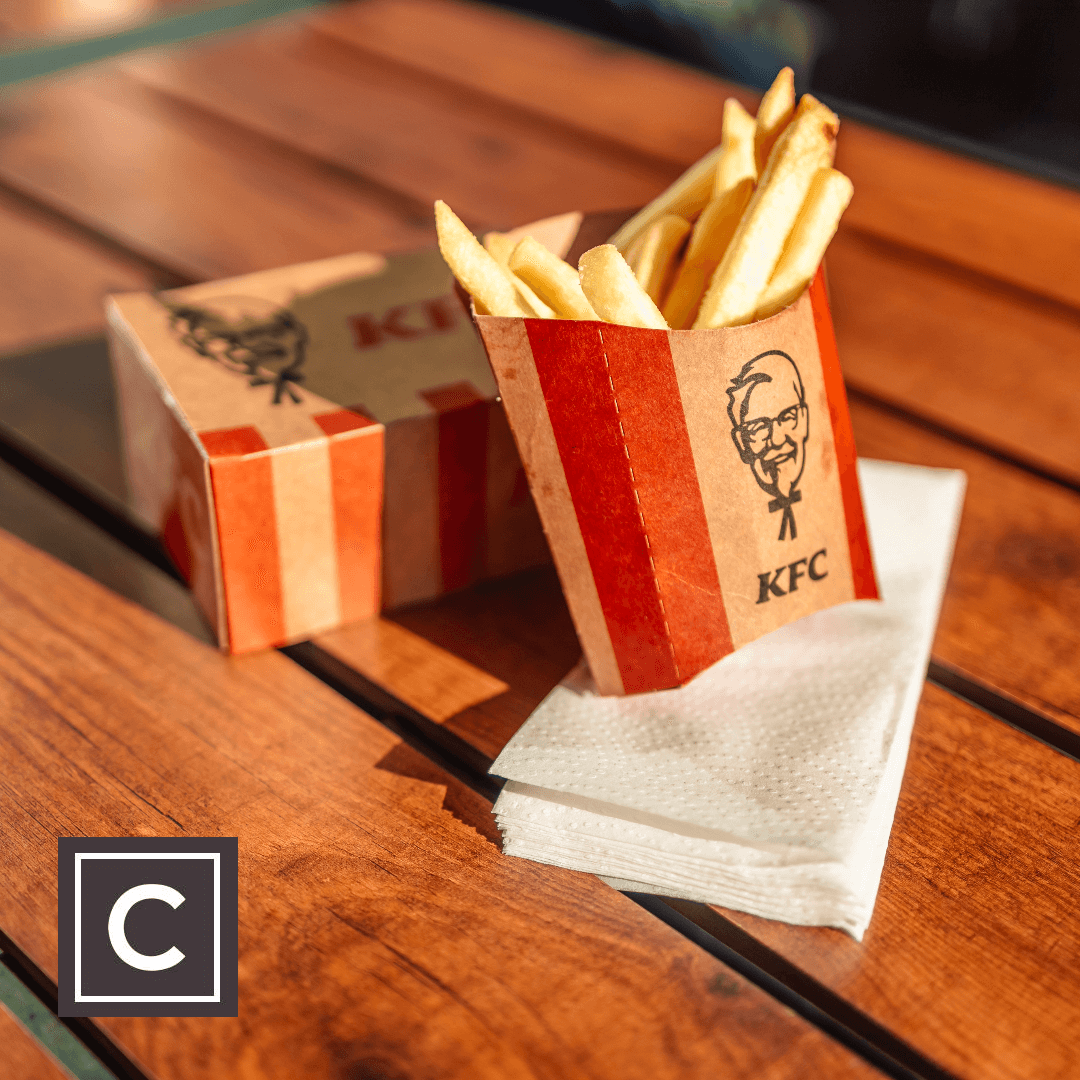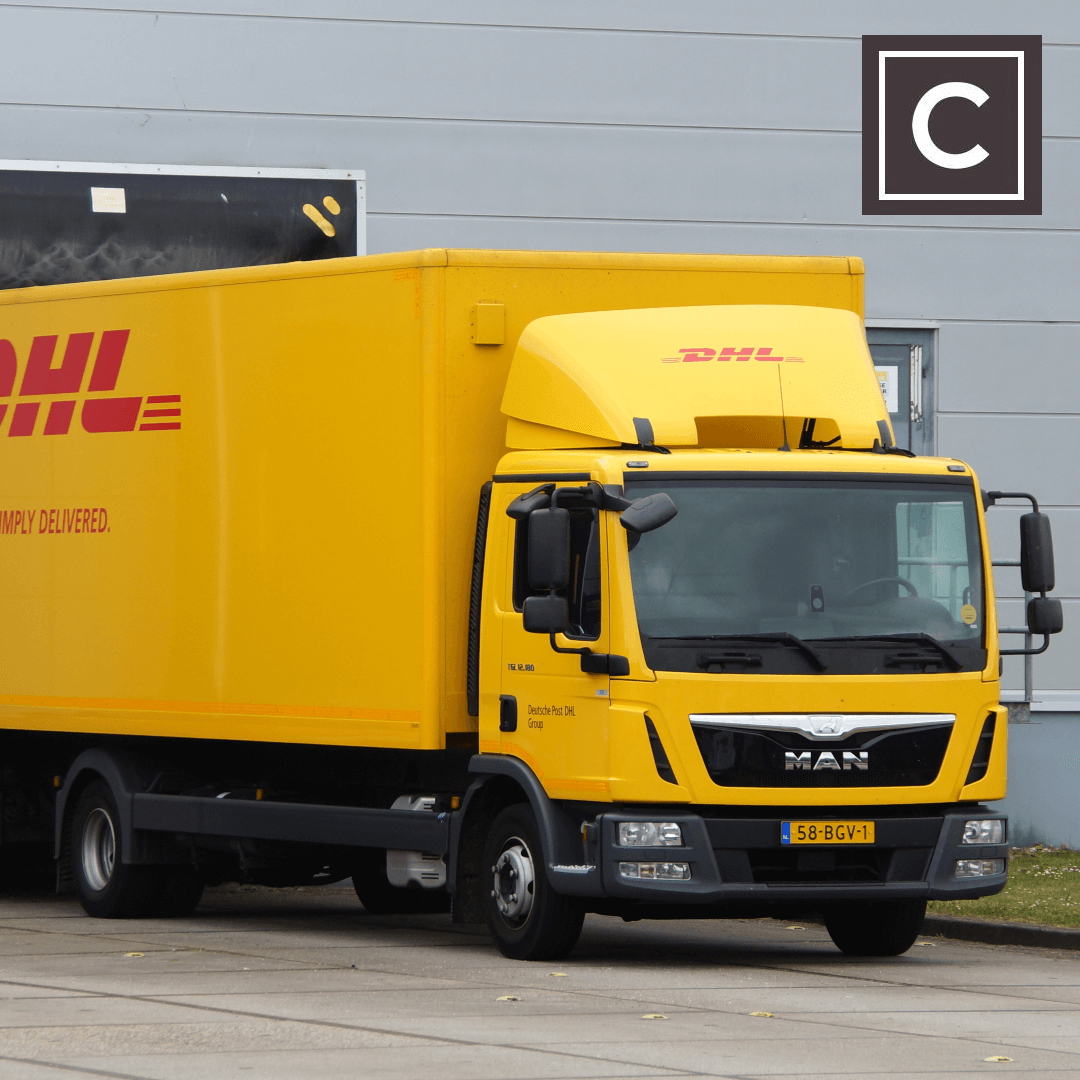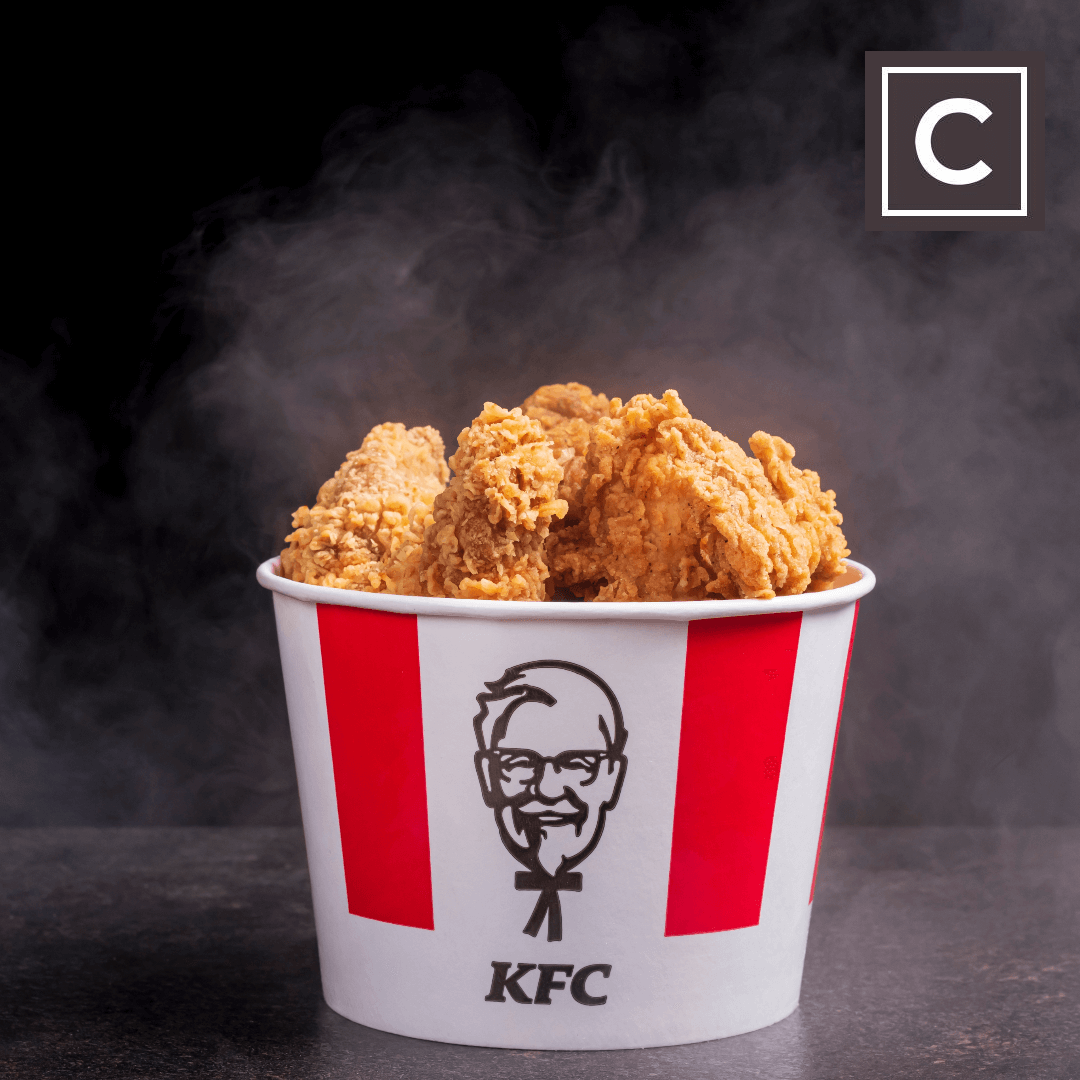The Saga of the 2018 KFC Chicken Shortage
Posted by Stelios on 18th Sep 2023 Reading Time:
The KFC fried chicken shortage, spanning nearly a week, provides a quintessential lesson in logistics management. Why did the chicken refuse to cross the road, you ask? Well, blame it on a single point of failure within the chicken restaurant's supply chain and an absence or lack of contingency planning.

On a fateful Monday, more than three-quarters of KFC outlets closed their doors, thrusting the beloved fried chicken purveyor into the national limelight as the eatery that had somehow managed to run out of chicken. However, as the details emerged, the finger of blame pointed squarely at DHL.
Having assumed the role of KFC's new logistics partner on February 14th, the very day the crisis began to rear its head, DHL and its solitary warehouse in Rugby (a far cry from the previous contract holder, Bidvest, which boasted six warehouses) found themselves under intense scrutiny for their inability to deliver KFC's essential ingredients. What led to this supply chain debacle? Was DHL misguided in relying on a lone depot? And when could normalcy be restored? We sought the counsel of two experts to unearth answers.
At approximately 01:40 on February 14th, a collision involving seven vehicles unfolded between junctions two and three of the M6 motorway. One fatality and two injuries marred the tragic event. Authorities sealed off the affected stretch for investigation, ultimately leading to the arrest of a man on suspicion of causing death by dangerous driving. Soon after, two lorries collided near junction one, though mercifully without injury to either driver.

These three junctions lay close to Rugby, home to DHL's warehouse. With DHL's delivery lorries caught in the snarl-up as they departed the depot and no alternate sites to dispatch from, these traffic-induced delays set the stage for the KFC chicken drought. In a statement, DHL expressed its commitment to collaborate with KFC to reopen all its outlets in the coming days. A DHL spokesperson apologised, stating, "While we are not solely responsible for KFC's supply chain, we sincerely apologise for the inconvenience and disappointment caused to KFC and its customers by this incident." KFC, however, remained silent.
Many have raised eyebrows at the wisdom of operating from a solitary warehouse. Yet, according to Richard Wilding, a supply chain management professor at Cranfield School of Management, this practice is more common than one might think.
"You have something called the 'golden rectangle' encompassing Milton Keynes, Rugby, Daventry, and Northampton," he explains. "Positioning a facility within this rectangle enables overnight deliveries to virtually any corner of the United Kingdom. This is a standard approach in supply chains of this nature."
However, Samir Dani, a logistics and supply chain management professor at the University of Huddersfield's Business School, argues that there may be better choices even if relying on a single warehouse is feasible. "Companies may utilise a single warehouse but must consider the product at hand. Food presents unique challenges due to concerns about product quality and contamination, issues that cannot be handled like other supply chains."

The chicken shortfall began to bite on February 16th. KFC outlets began shuttering in response to ingredient shortages, culminating in only 266 out of 870 restaurants in the UK and Ireland remaining open by February 18th. Notably, locations in Northern Ireland and the Republic of Ireland remained unscathed due to distinct logistical arrangements.
Samir Dani suggests that the crisis, which paralysed over two-thirds of KFC outlets, will be debated for some time. He believes that relying on a solitary depot exacerbated the situation: "Serving the entire nation from a single warehouse is already daunting. It was a new warehouse with new IT systems, and the transition was still underway – it became a perfect storm."
However, the complete cause of the chicken calamity is a multifaceted puzzle. Richard Wilding adds, "Utilising a single location cannot be the sole reason for this problem. Several factors have converged here—demand, automation within the facility, planning software, and various other elements interacting. A specific cause may surface, but pinpointing it could prove challenging."
Dani suspects inadequate preparation might also be culpable. "It's a complex scenario, but it largely stems from network planning. To deliver perishable products to stores, you need to carefully plan your network, determining how many distribution centres are required. Perhaps there was a shortfall in planning. Were the IT systems adequately tested before going live? What contingency measures were in place? In supply chains, disruptions can occur for various reasons, but in KFC's case, multiple factors appear to have gone awry concurrently."
Disruptions are typical in supply chains, with approximately ten per cent experiencing hiccups annually. Typically, these disruptions go unnoticed, as only a few locations or specific items are affected. However, KFC, with its specialised menu and reliance on a single warehouse, experienced a much larger and immediately perceptible problem.
Richard Wilding opines that several questions must be addressed to return to normalcy: "How long will customers continue to feel the impact? Probably a few more days. However, the overall disruption throughout the entire network, including chicken farms, will persist for extended periods. Then we must consider how long it will take for KFC to rebuild trust with its customer base."

Undoubtedly, public confidence in KFC has been shaken. From calls to Tower Hamlets Police complaining about the limited menu to calls in Bristol advocating nationalisation of the chain to avert future crises, regaining the trust of the masses will be a monumental challenge for Colonel Sanders, regardless of how lip-smackingly good his products may be.
Dani contends that the focus should extend beyond restaurants and their patrons. "The bigger concern revolves around sustainability and food waste. KFC relies on a network of 500 farmers who supply fresh chickens, a model that assures product freshness. What's happening to these farmers in this crisis? What's the fate of the chickens currently in the system? How much of this is being squandered?"
It appears that plenty is going to waste. Reports of chicken shipments spoiling in the depot have emerged as drivers languish for hours awaiting entry. One driver lamented that the temperature regulator on his trailer had been erroneously set, resulting in further food wastage.
So, what lessons can we glean from this saga? Perhaps it underscores the paramount importance of preparing for the worst. Samir Dani laments, "There was a lack of contingency planning in this scenario. Instead of treating the situation as a crisis, they should have anticipated and swiftly returned to stability. It seems they lacked the resilience required."
For Richard Wilding, the KFC narrative spotlights an often-overlooked facet of competition. "It's crucial to understand that competition no longer occurs solely among individual companies; it transpires within the supply chains they inhabit."
"What comprises these supply chains are numerous companies, diverse relationships, all striving to manage processes, infrastructure, equipment, information systems, and personnel to harmoniously ensure that customers receive the chicken they crave."
Sources:
- The inside story of the great KFC chicken shortage of 2018
- The Great KFC Chicken Shortage 2018
- The KFC chicken crisis is finally over: it's (sort of) ditched DHL
- KFC Has a Problem in Britain

